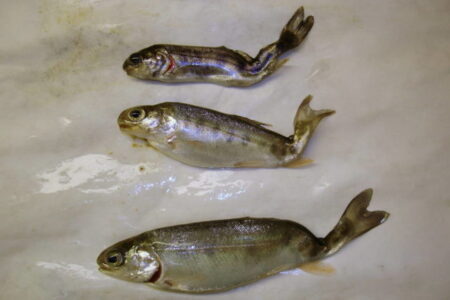Hard Pills are a Waste of Money
I’d like to share some information with you to make it easier to decide which supplements to buy when you are faced with so many choices. I’ll also explain why certain supplements are more expensive than others.
Many people go into a store to buy vitamins, minerals or herbal supplements and are confused about which to buy. One bottle may be half the price of the other with supposedly the same amount of vitamins, minerals or herbs. So, how do you choose? Supplements are similar to food—the simple, organic and minimally processed have many more nutrients per gram than processed ones have and a lot less of what you don’t want (those words that have multi-syllables and are non-pronounceable). Most often you get what you pay for.
“Natural” food supplement manufacturers do not have to disclose all the ingredients on the label, but should be able to supply you with disclosure of ingredients. Unfortunately, in our highly competitive market, many companies priorize the manufacturing cost, not the quality of the “package”, so, many manufacturers pack their supplements with binders, fillers, lubricants, disintegrators, colourings and flavouring agents–a tablet. Typically, the cheaper the supplement, the more “stuffing” of things you don’t want and the larger the tablet. Tablets have very poor absorption- about 10%. Smaller tablets may use cellulose as a binder. It doesn’t matter if the company says it breaks down easily in the body, a tablet still has some binders, disintegrators and fillers, or it wouldn’t be a tablet! “Time release” means adding hydrogenated oils (plastic oil or fat rendered from slaughtered animals) to lengthen release. So, look at your supplement–is it solid?–binders, fillers, lubricants, is it a colour? — dyes, is it time-release? — hydrogenated oils, does it dissolve quickly? — disintegrators, and does it taste like cherry for instance?–flavouring. Other fillers in supplements can be sodium benzoate, lactose, peanut and cottonseed oil and cornstarch. Other ingredients may include propylene glycol (anti-freeze), SLS (sodium lauryl sulfate – which reacts with the supplement to form toxins) and BHT, BHA, tartrazine (colourings). So, the bottom line—don’t buy tablets.
So, what should I buy then? Pure substances such as vitamins, minerals, herbs, enzymes or amino acids should be purchased as capsules, powders or liquids. They generally do not contain any of the above problems, dissolve easily, absorb about 80-90% and are usually more concentrated.
The gelatin in capsules is generally animal derived, so, you can buy vegetable derived capsules if desired and many of the higher quality companies use only vegetable caps. Liquids are better absorbed, but generally designed for children, so less concentrated.
You should choose the highest concentration per capsule of the ingredient you need. This minimizes the number of capsules/teaspoons you need to take. It is extremely important that you read the labels. For instance, I often recommend fish oil to decrease blood pressure. However, it is the DHA/EPA that is the important ingredients in fish oil, so, the bottle may say 1000 mg/cap of fish oil, but, you want to make sure it is about 700-800 mg/cap or ¼ tsp of DHA/EPA, so, you only need to take 2 caps or ½ tsp/day. The company that is selling 1000 mg/cap or ¼ tsp of fish oil does not necessarily have the amount of DHA/EPA needed, so, check the label carefully. Also, never buy fish oil unless it is derived from wild fish- sardines/herring/salmon, otherwise you are getting farmed fish that have many chemicals/dyes/antibiotics added to their food and this will be in the oils. So, you can see it is not an easy process. Usually the folks in the health food store or in my office are quite knowledgeable about the best quality for the price, so it is worth a discussion with them about what you need.
Therefore, even though capsules are usually twice the price of tablets, they end up being less than a quarter of the price if you consider a 400 mg. tablet of Vitamin C tablet (always citrus based) gives only about 40 mg. of absorbed ingredient, never mind figuring in the cost on your health with all the fillers, binders, etc. versus a capsule (non-citrus based) would give you 360mg absorbed Vitamin C.
I’d also like explain the difference with the professional or high quality formulas. The companies that we deal with are checked by an outside lab for 4 major things:
- to guarantee no binders/contaminants or dyes
- to guarantee that what is supposed to be in the capsule or liquid is in fact 100% there
- to guarantee it contains no allergens
- to guarantee it has the maximum strength per capsule possible
Therefore, even though they are more expensive to buy, you typically have to take fewer of them, so you save money in the long run. Also, I know what to expect with what I use, so it is easier for me to know if what we are doing is responding properly.
The bottom line: buy capsules or liquids; it is money well spent!
Our medicinary carries only professional supplements in powder or capsule form and herbs in capsule or liquid form, so check ours.
If you would like to determine if you are low in any vitamins or minerals, please call for an appointment to have them checked with Dr. Brenda Gill at 250-362-5035.























